Pygmy cormorant: Red Data Book of Armenia
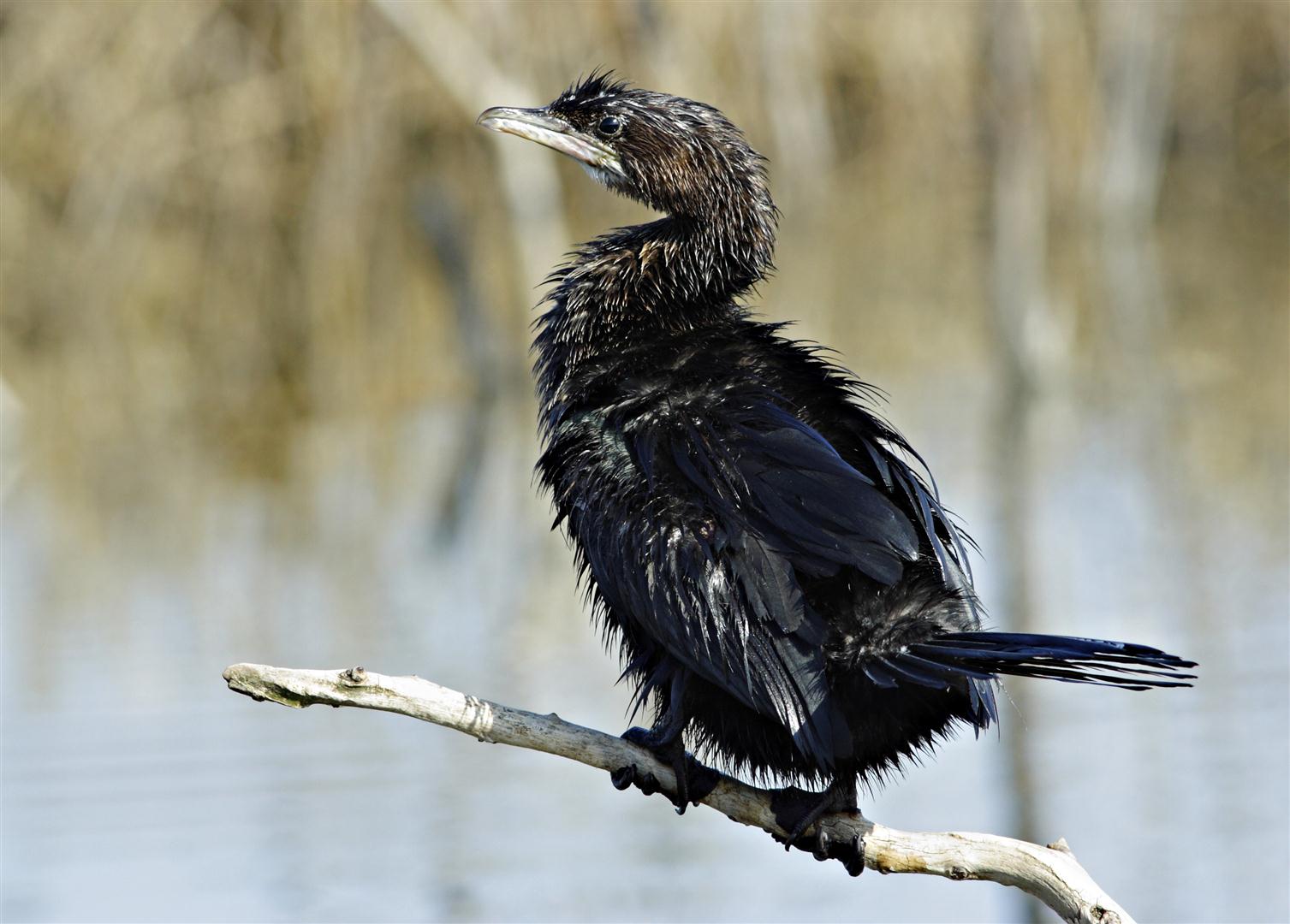
Cormorants — Phalacrocoracidae
Status. A rare and threatened species. Listed in the Red Data Book of the former USSR. Listed in the IUCN Red List of Threatened Species (ver. 3.1) as Least Concern. According to IUCN criteria categorized as Vulnerable VU B1ab(iii)+2a.
Distribution. Distributed in Southern Europe, Asia Minor, Middle East, Central Asia, Iraq, South Caucasus.
Distribution in Armenia. During migrations occurs in the Lake Sevan basin, seldom in summer. Distributed mostly on fish ponds in the Ararat Valley and in reedbeds of the Sevjur River. At present, cormorants live and breed mostly on the Armash fish ponds.
Habitats. Lakes, wetlands, rivers, fish ponds, swampy vegetation. Marshes and reedbeds of the Sevjur River. Habitats are substantially lost because of human activities and reed burning.
Biological traits. Nestles in small colonies (10–20 pairs), often along with other waterfowl, in the Sevjur River system. Non–migratory. The nest is cone–shaped, made of reed and built on broken reed stems in riparian vegetation. Eggs are light blue, 4–6/clutch, size 42.5–53.5 mm. The brooding period is ca. 1 month. Hatchlings are naked and helpless, but grow fast and can fly by the age of 2.5 months.
Population size and its trends. During migrations and wintering the wetlands of the Ararat Valley hold up to 1500–3000 individuals. The numbers of nesting and wintering cormorants tend to increase in years.
Major threats. Habitat loss because of human activities and burning of reedbeds. Poaching during the winter months.
Conservation measures. Listed in Appendix II of the Berne Convention. Protected in Sevan National Park. Local communities and fish farmers living in cormorant nesting and wintering sites are involved in awareness–raising activities. It is essential to establish a sanctuary on the Sevjur River and to strengthen awareness–raising activities. The entire area of the Armash fish ponds should be declared an Important Bird Area. It is also important to restore the Lake Gilli.
Suggestions
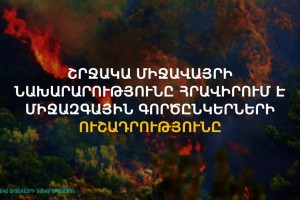 The Ministry of Environment sent a letter international partners to draw their attention to the real danger of environmental disasters as a result of Azerbaijan's large-scale aggression towards the territory of Armenia
The Ministry of Environment sent a letter international partners to draw their attention to the real danger of environmental disasters as a result of Azerbaijan's large-scale aggression towards the territory of Armenia
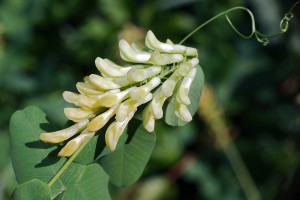 Vicia pisiformis: Red Data Book of Armenia
Vicia pisiformis: Red Data Book of Armenia
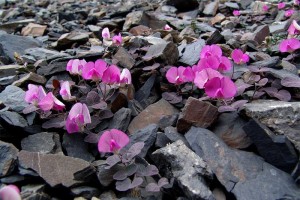 Vavilovia formosa: Red Data Book of Armenia
Vavilovia formosa: Red Data Book of Armenia
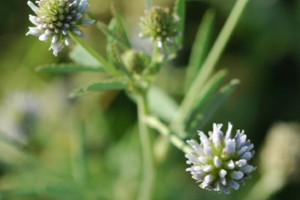 Trigonella capitata: Red Data Book of Armenia
Trigonella capitata: Red Data Book of Armenia
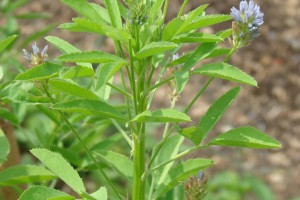 Trigonella astroides: Red Data Book of Armenia
Trigonella astroides: Red Data Book of Armenia












